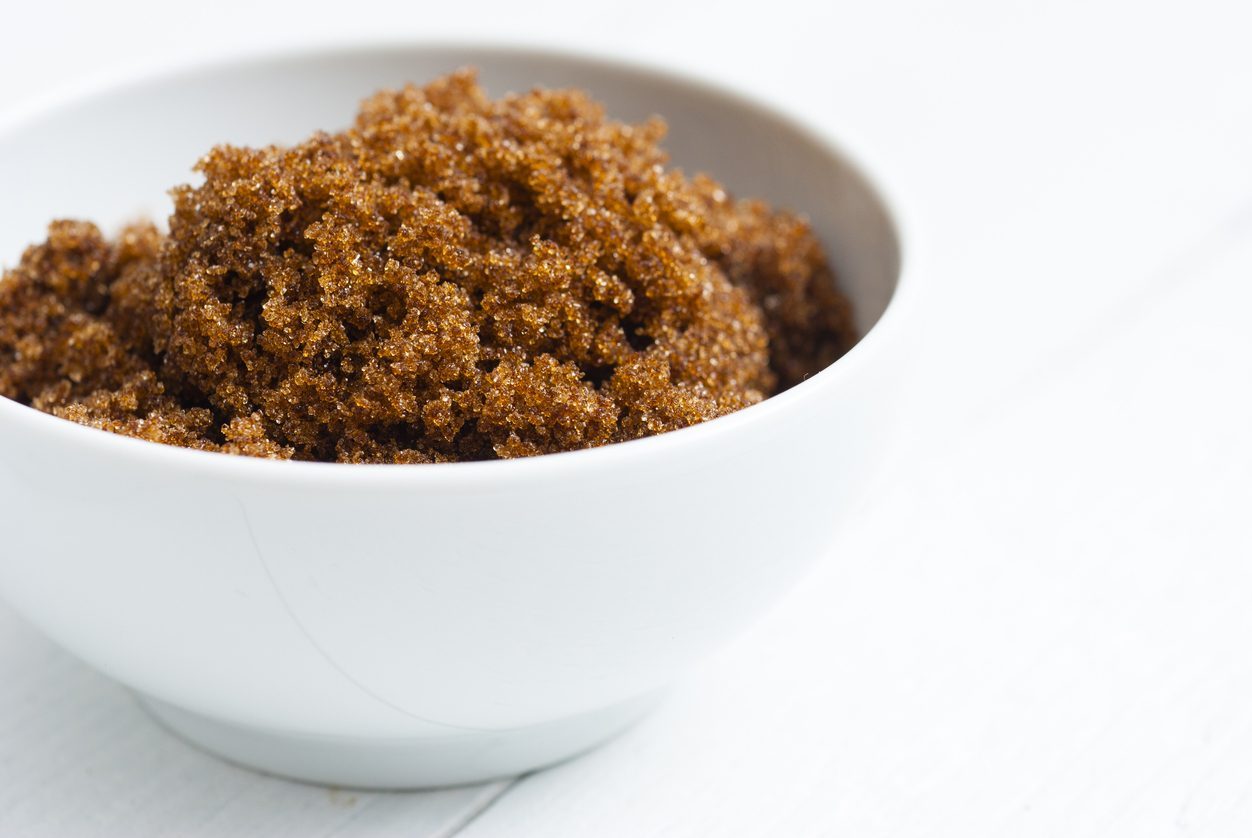Mukbang Culture: What We Can Learn from Nikocado Avocado
Nikocado Avocado, YouTuber and self-proclaimed "King of Mukbangs,

credit photo: youtube Nikocado Avocado
Nikocado Avocado, YouTuber and self-proclaimed "King of Mukbangs," rose to fame by filming extreme eating videos, often paired with dramatic outbursts. Originating in South Korea, mukbang involves creators consuming large amounts of food while interacting with their audience. The genre has evolved into a global phenomenon, with both calming and sensationalized versions. Recently, Nikocado revealed a shocking 250-pound weight loss, claiming his entire mukbang journey was part of a social experiment, reigniting debates about the impact of mukbang culture on both viewers and creators.
Who is Nikocado Avocado?
Nikocado Avocado, born Nicholas Perry, is one of the most popular figures in the world of mukbang—a content genre that originated in South Korea, where people film themselves eating large quantities of food while interacting with viewers. Nikocado Avocado initially began his YouTube journey in 2014 as a vegan content creator, but later switched to mukbang, a move that transformed his career and brought him massive fame. Over time, his content became increasingly extreme, often showcasing unhealthy eating habits, which sparked controversy online. His YouTube videos, filled with dramatic outbursts and increasingly larger portions of food, quickly gained millions of views.
What is mukbang?
Mukbang itself started in South Korea in the early 2010s, where broadcasters would eat copious amounts of food in front of a camera, interacting with viewers in real-time. Initially a wholesome, communal activity, the genre rapidly spread to other parts of the world, evolving into a more theatrical display in certain cases. For Nikocado Avocado, this format allowed him to adopt a flamboyant and exaggerated persona that fed into the dramatic spectacle his viewers craved. He gained a reputation for binge-eating large amounts of junk food, attracting criticism for promoting unhealthy eating and for the emotional outbursts he showcased alongside the meals.
While some enjoy mukbang for the calming, ASMR-like qualities of watching others eat, or for the shared connection between streamer and audience, others see its darker side. In the West, especially with influencers like Nikocado, the genre has sometimes become a platform for sensationalism, encouraging extreme behavior and unhealthy eating patterns in pursuit of views.
Why a Youtuber's Drastic Weight Loss Wen Viral

In a surprising twist, Nikocado recently revealed a dramatic 250-pound weight loss, explaining that his persona and mukbang journey were part of a "social experiment." In a video titled "Two Steps Ahead," he discussed how he had secretly been losing weight while posting pre-recorded mukbang content. His return video stirred debate, with some fans praising his transformation.
This revelation has led many to reflect on the broader implications of mukbang culture—particularly the tension between audience demand for extreme content and the potential real-world consequences for creators. While Nikocado’s story is unique, it highlights the broader challenges faced by many mukbang stars who grapple with health concerns and personal identity in the face of public scrutiny.
;Resize,width=767;)
;Resize,width=712;)
;Resize,width=712;)

